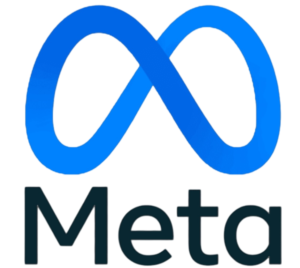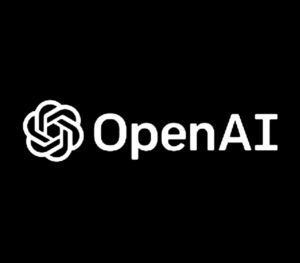How Meta is Becoming one of the AI Giants
Meta, the company you know from Facebook, Instagram, and the metaverse, has quietly turned into a major player in artificial intelligence. It now stands alongside AI giants like OpenAI, Microsoft, and Google. 
When people hear “Meta,” they often think of its popular apps like Facebook, Instagram, or even the metaverse. But what many don’t realize is that Meta has become a huge force in artificial intelligence. It’s now competing with big names like OpenAI, Microsoft, and Google in the AI world.
Meta’s success in AI largely comes from its Llama family of AI models. These models are being added into its platforms like Facebook, Instagram, and WhatsApp through Meta’s AI assistant. Even businesses are using Llama. In August, Meta announced that companies like Accenture, DoorDash, and Goldman Sachs are using Llama to create their own AI tools.
But Meta isn’t just keeping Llama to itself. The company has made Llama an open-source project. This means that anyone can access the software, tweak it, and use it for free. This is different from OpenAI, which uses closed-source software for its popular GPT models.
Because of these moves, Meta has become a strong competitor in the AI space, posing a challenge to its rivals.
“If Llama didn’t exist, OpenAI and Google’s AI models would have fewer competitors,” said Gene Munster, managing partner of Deepwater Asset Management.
While the AI race is still in its early stages, it’s uncertain which company will come out on top in the end.
Meta Is Playing the Long Game
Meta’s approach to AI is setting it up for both short-term wins and long-term success. Right now, the company is using its Llama models to improve its own products, showing just how powerful the software is in real-world situations.
If Meta is using Llama in its own apps, why shouldn’t other developers want to do the same? Since Llama is open-source, developers can dig into the software, identify problems, and make improvements over time.
“Meta has been democratizing AI by making it open source and using it across their own platforms,” said Daniel Newman, CEO of Futurum Group. “They’re doing this at every level.”
Llama isn’t just about making Meta’s apps better or earning the love of developers. It could also bring in steady revenue in the future.
“We want this to be open,” said Meta CEO Mark Zuckerberg during a 2023 earnings call. “But if companies like ![]() Microsoft, Amazon, or Google plan to sell services using our AI, we believe we should get a share of the revenue.”
Microsoft, Amazon, or Google plan to sell services using our AI, we believe we should get a share of the revenue.”
Zuckerberg admitted that these deals might not bring in a lot of money right away, but he hopes they will in the long term.
Meta’s stock has increased by 85% over the past year, compared to a 25% rise for Microsoft and 18% for Google. While analysts believe Meta’s stock is priced well, the real boost could come from how AI strengthens the company’s own products.
Meta’s Competitors (the other AI Giants) Aren’t Sitting Idle
Even though Meta’s Llama models give it an advantage, the company isn’t the only one in the AI race. Competitors like OpenAI, Google, Microsoft, and others are still fighting for the top spot in AI.
“Llama is a great option for developers because it’s advanced and affordable,” said Gene Munster. “But that doesn’t mean Meta will wipe out the competition.”
Just like Meta, its rivals are constantly improving their own AI models. OpenAI and Anthropic have financial backing from Microsoft and Amazon, giving them the resources to grow, over time.
Google ![]() has a major advantage too, as its AI platform, Gemini, can be offered to millions of Android users worldwide. Meanwhile, OpenAI could soon be available through Siri on iPhones.
has a major advantage too, as its AI platform, Gemini, can be offered to millions of Android users worldwide. Meanwhile, OpenAI could soon be available through Siri on iPhones.
Although Meta’s AI tools will be available through its family of apps, it might be easier for people to use AI assistants built directly into their devices, like Google Assistant or Siri, rather than having to open a separate app.
Still, with over 3.27 billion daily active users across Facebook, Instagram, and WhatsApp, Meta has plenty of opportunities to introduce its AI to a massive audience.
The Rise of AI Giants in the Tech Industry
The race to dominate this new AI industry has created this group of Tech Giants; Meta, OpenAI, Microsoft, and Google.
Each of these companies is developing advanced AI models to gain a competitive edge. Meta’s Llama models, now open-source, have helped the company rise to prominence in AI alongside its rivals. OpenAI, backed by Microsoft, and Google’s Gemini platform are both in the running, using their vast resources and user bases to push AI forward.
These companies are constantly evolving their technologies, aiming to become the dominant force in the rapidly growing AI landscape.

